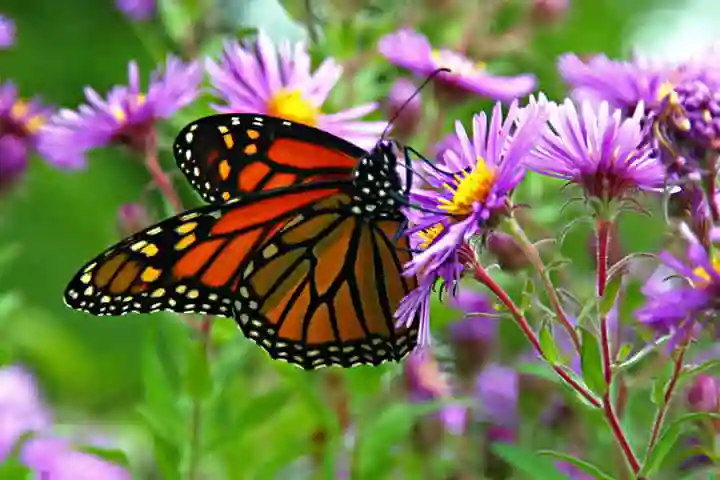The mere presence of butterflies fills one with joy and vigour, and planning to bring this in the daily life of people of Faridabad, the forest department is planning to develop a park devoted to them. Having inspected the area, the officials will soon finalise the detailed project report.
According to the plan, the first phase will entail development of the park along a 1.8 kilometre stretch of the Faridabad bypass road which will have two water bodies, walking paths and native flowering trees. The water bodies will help in recharging the groundwater.
Saplings of potter weed, lantana, cosmos, marigold, milkweed, Penta, citrus trees and custard apple among others will be planted to attract butterflies and increase their breeding.
Research has found that those areas which are rich in butterflies are generally rich in other invertebrates, as well.
The Divisional Forest Officer, Faridabad Raj Kumar observed: “They collectively provide a wide range of selfless environmental benefits such as pollination and natural pest control.” The butterflies along with other insects play a major role in the food chain as they form the primary prey base for birds, bats, and other creatures.
The official went on to add: “The idea was not to turn it into a dense woodland but to create diverse habitats, including grasslands that would support varied forms of life.” He said the butterfly project was an important one because varied animals like Nilgai, Jackal, Indian Small Civet, Indian Hare, various snakes, lizards and skunks also live in the area.
Sharing more details about the project, Kumar averred: “We aim to finish the project in two years. We are hopeful of a natural forest landscape along the roadside, which people from all walks of life can enjoy. The transformation (of the area into the park) will take time as the local Aravali trees usually grow very slowly.”




















